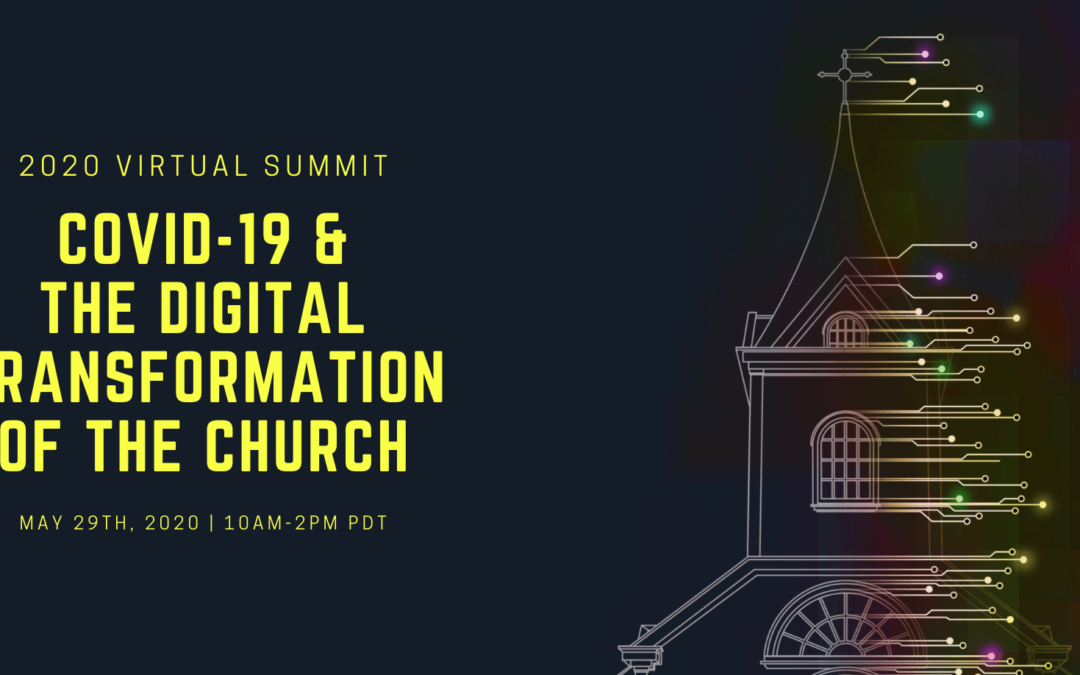In collaboration with Seattle Pacific University, TheoTech recently helped host a virtual summit on COVID-19 and the Digital Transformation of the Church. With more than 150 registrations with people across diverse theological backgrounds, the summit addressed the ways churches are responding to the pandemic in the present in order to discern what theological and technological resources will be needed for the future.
Watch the video below or keep reading for a synopsis of the event.
The conference began with opening remarks by Dr. Michael Paulus, Dean of the Library followed by a devotional by Dr. Doug Strong, Dean of the School of Theology.
The keynote presentation was delivered by Dr. Heidi Campbell Professor of Communication at Texas A&M University and director of the Network for New Media, Religion and Digital Culture Studies. She shared a framework of three approaches churches are taking to go online such as transferring their typical services through livestreaming, translating the experience through Zoom calls and transforming their church by changing their typical order of worship into a fireside chat genre that is more suitable to digital culture.
This presentation was followed by three conversations on church digital transformation including “No going back to normal”: The Digital Reformation of the Church, Digital Equity and Privilege during the Pandemic and The Robloxian Christians: Reflections in Virtual Ecclesiology and six breakout tracks.
Some consistent themes emerged from these discussions including the recognition that the massive shift online has resulted in many unexpected connections with people across the world who otherwise would not be able to participate in these worshiping communities.
As much as lament is needed to mourn what was lost due to the pandemic, many church leaders are looking forward and asking, “How do we sustain the creative, flexible, experimental spirit we’ve gained in this time?” and as physical spaces can reopen, “How can we sustain these online connections in order to have equality between online and offline experiences instead of privileging one over the other?
Funded through a grant by the M. J. Murdock Charitable Trust, this Summit is part of a larger project to address these questions and create the resources churches will need to not only survive, but thrive post-pandemic.

